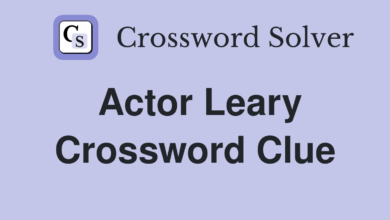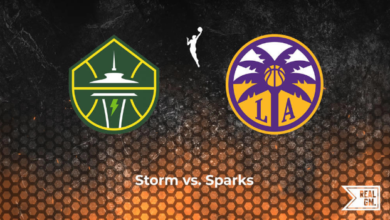Changes to Irish Gambling Could Push People Over the Border

Ireland is in the midst of changes to its gambling laws. Facing opposition, these new rules could send consumers looking elsewhere. We discuss the changes in the article below.
Ireland is in the midst of a gambling storm. The industry has grown in its physical and online sectors. This provides vital tax revenue for the country. Yet concerns regarding problem gambling and health are amidst in government circles, and new regulations are set to be enforced that have drawn the ire of many. One company with major concerns is the global firm Lottoland, which has significant interests in Ireland.
Lottoland Ireland Raises Concerns
Lottoland is one of the main gambling providers not just in Ireland, but in several countries around the world, including Australia, India, and Brazil. It currently offers bets on the results of more than 30 lottery draws. Founded in 2013, it has witnessed the growth of the online casino industry and knows its ins and outs, having worked in multiple countries.
The Irish lottery is now a very well-known brand, and one Lottoland has aligned itself with closely. However, it has branched out much further than its humble lotto-based roots. Online casinos are one area into which it has expanded, as the industry has become more popular in Ireland. This suits its business model, particularly when it comes to providing slot games. They are low-wagering pursuits with the ability to pay out in large sums, much like the lotto and its scratchcards.
Lottoland Casino is actually ranked extremely highly and is one of the online casinos licensed by the GRAI. It has attracted customers through its use of welcome bonuses, including high numbers of free spins and the provision of over 3400 casino games. Over 2850 of these are slot titles. It consistently falls in the top ten Irish casinos, according to the ranking website casinos.com.
They are concerned about the changes, as they have stated that the government minister promoting new gambling laws has so far refused to meet with them. The gambling regulation bill of 2022 is set to be heard once again, and James Browne, the Minister of State in charge of the regulation, refuses to meet and discuss possible changes with them. This is despite the government meeting other representatives from across the country and industry to discuss matters.
Changes to Gambling Laws
The Republic of Ireland is aiming to cap any stakes through online gambling at €10. However, what is unsettling to many providers is the amount customers can win will be held at €3,000. This will severely limit the large jackpots found in progressive slot games and many bigger table games.
There will also be major changes to how gambling companies can advertise. This will reach digital and physical advertising, along with websites and applications. One of the most controversial changes is a proposed ban on gambling advertising for television and radio between 5:30 am and 9 pm. This has drawn the gaze of those in the horse racing industry and specialist broadcasters, who could see it severely hit their income streams. Certain promotions will also be capped, with a total ban on free bets. It is believed this will stop the influence on the younger generation and vulnerable groups.
There will be some exceptions to this, particularly when it comes to the National Lottery, which will remain unaffected. Lottoland has also made it quite clear it supports harm reduction and has been looking for clearer oversight in this area for some time. However, they also believe the proposed caps will not address problem gambling.
Pushing Gamblers North
One major concern is that if there is not a correlation and alignment with laws from the United Kingdom, then gamblers could simply head north across the border. This could turn Belfast into a gambling hotspot and take away much-needed revenue from firms based in Ireland.
Research conducted for Lottoland also showed the stark reality: that three-quarters of those who gambled every day would seek services from elsewhere. This would either mean going north or even using offshore services. These could be unlicensed and could send the Republic of Ireland into a black-market gambling frenzy. A further 60% of those surveyed said they were unsure if the proposed caps would make a difference, were unsure about them, or disagreed with them entirely.
The Gambling Regulatory Authority of Ireland, also known as the GRAI, was set up in 2024 as a result of the Gambling Regulation Act 2024. It functions independently and is primarily concerned with public safety and the licensing and regulation of gambling in the country. It covers both online and in-person gambling, running over advertising, websites, apps, and any other form of gambling.
It would be a disaster if the first major act performed by the GRAI sent people to the black market. Therefore, it is imperative they listen to gambling companies and those dealing with problem gambling to strike a happy medium.




